Find Help
More Items From Ergsy search
-
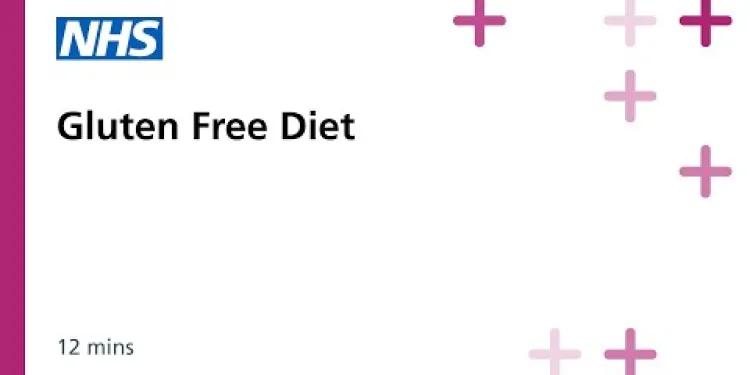
Coeliac Disease: The gluten free diet
Relevance: 100%
-
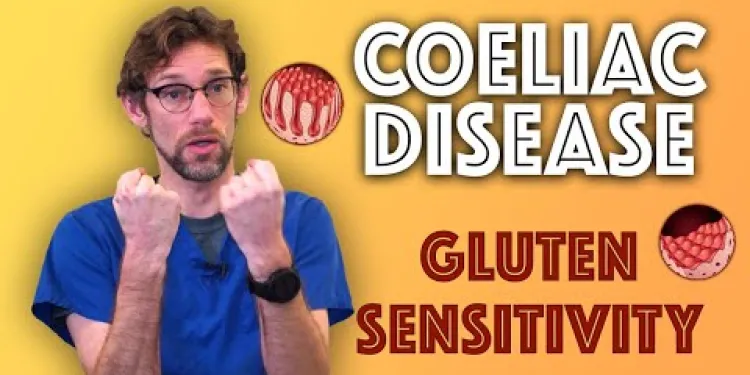
Coeliac Disease Explained - Gluten Sensitivity - A to Z of the NHS - Dr Gill
Relevance: 73%
-
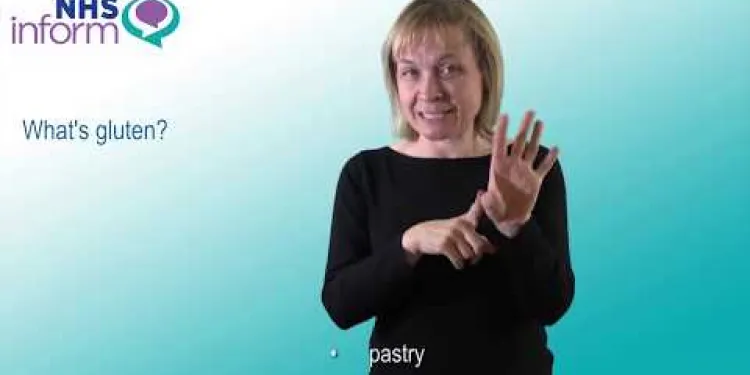
Coeliac disease
Relevance: 68%
-
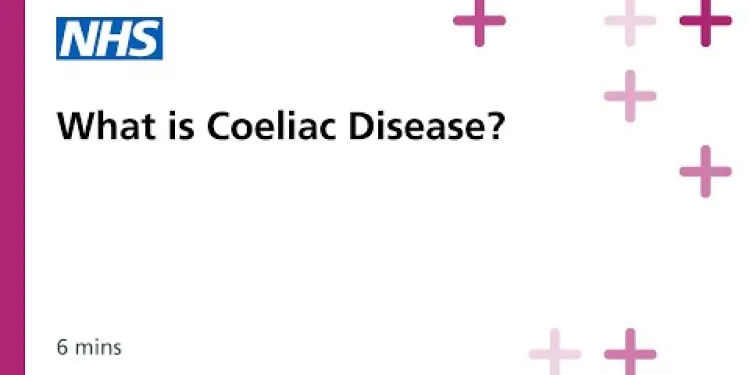
Coeliac Disease: Session 1: What is Coeliac Disease?
Relevance: 63%
-

NHSGGC - What is Coeliac Disease?
Relevance: 62%
-
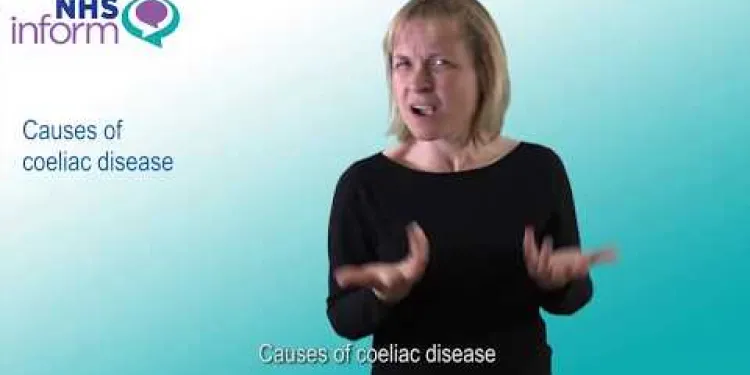
Causes of coeliac disease
Relevance: 62%
-
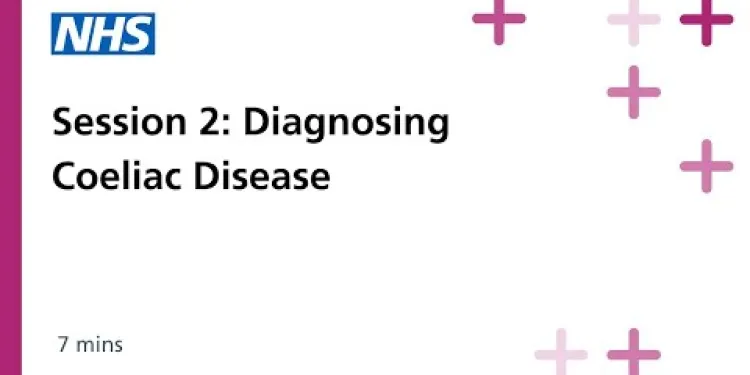
Diagnosing Coeliac Disease Updated 2021
Relevance: 59%
-

Living Well with Coeliac Disease
Relevance: 58%
-
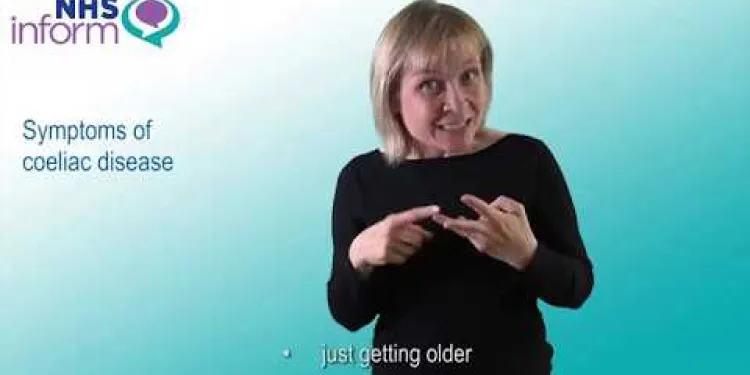
Symptoms of coeliac disease
Relevance: 58%
-
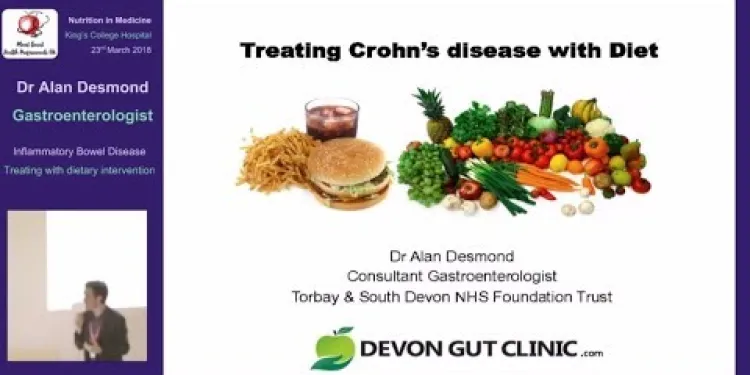
What is the best diet for Crohn’s disease?
Relevance: 32%
-

What are 'free sugars' and why should they be limited?
Relevance: 26%
-

NHSGGC - Diet and Chronic Kidney Disease (CKD)
Relevance: 25%
-

Can diet affect eczema?
Relevance: 24%
-
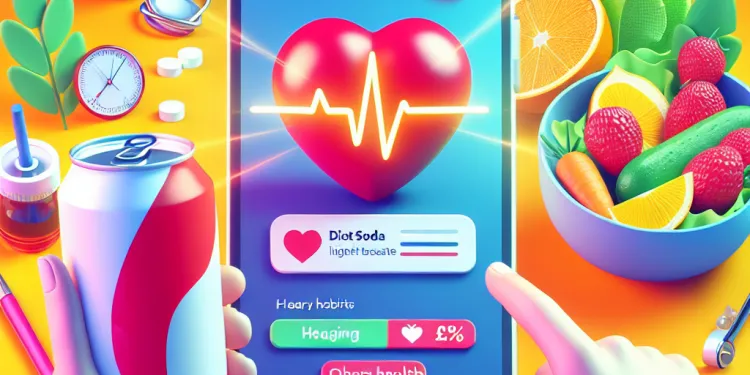
New Study Links Diet Soda to Increased Risk of Heart Disease
Relevance: 24%
-

Can diet affect tinnitus?
Relevance: 23%
-
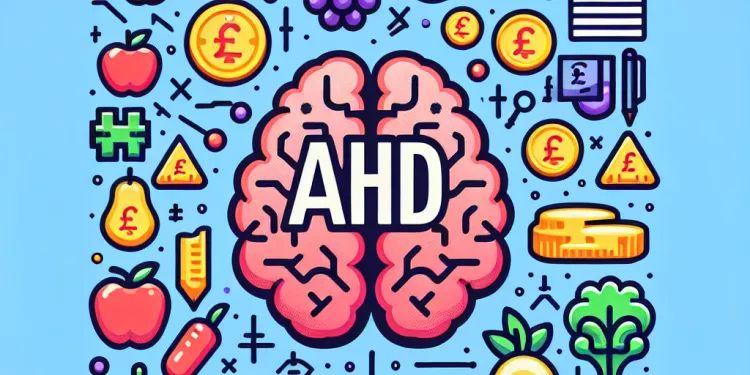
Can diet affect ADHD symptoms?
Relevance: 22%
-
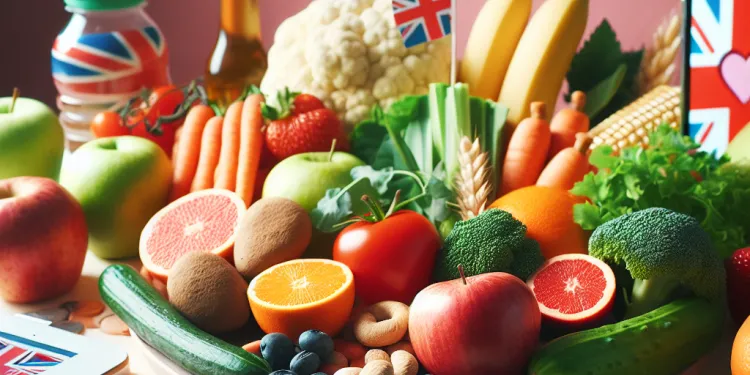
What dietary changes can help manage Crohn's disease?
Relevance: 21%
-
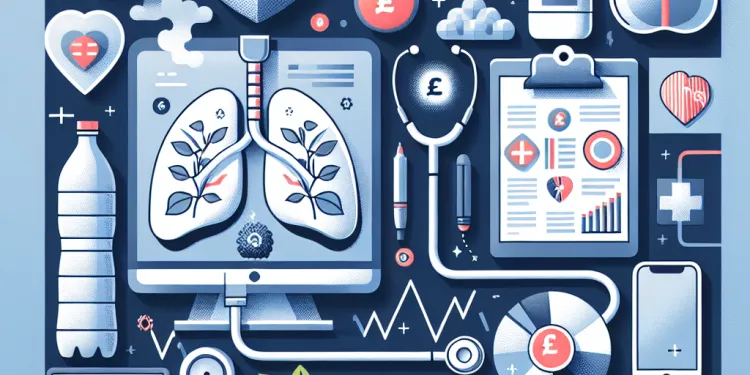
Can diet affect asthma?
Relevance: 20%
-
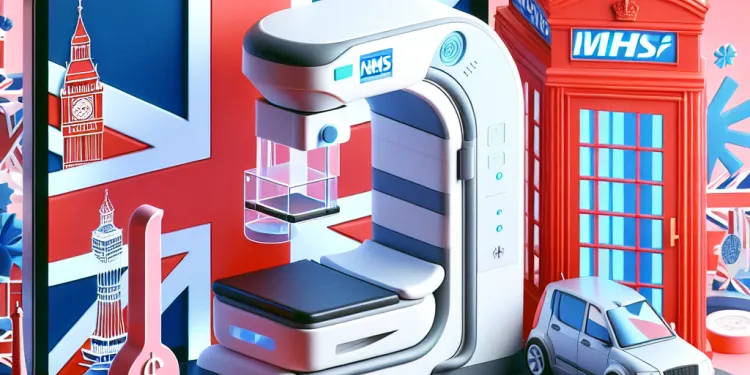
Are mammograms free on the NHS?
Relevance: 20%
-

Is the flu vaccine free for everyone in the UK?
Relevance: 20%
-

Do pensioners get a free TV license?
Relevance: 20%
-

What is the DASH diet?
Relevance: 19%
-

What is the role of sugar in a balanced diet?
Relevance: 19%
-
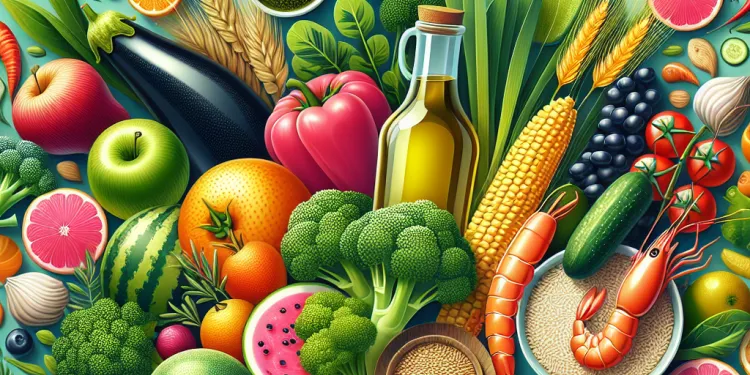
Understanding the Benefits of the Mediterranean Diet
Relevance: 19%
-

Are there free options for filing taxes online?
Relevance: 19%
-

Can diet affect psoriasis?
Relevance: 19%
-

Are school meals free for all students in the UK?
Relevance: 19%
-

Are there free resources for learning first aid?
Relevance: 19%
-
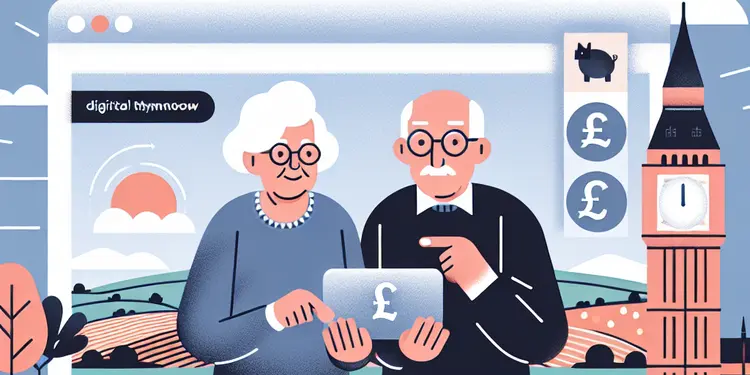
Are there free online resources for pension advice?
Relevance: 19%
-

Three Debt Free Methods in 2023 | Free Debt Calculator Tracker
Relevance: 19%
-

Are all dental appointments free on the NHS?
Relevance: 18%
-

Who provides the funding for free school meals in the UK?
Relevance: 18%
-
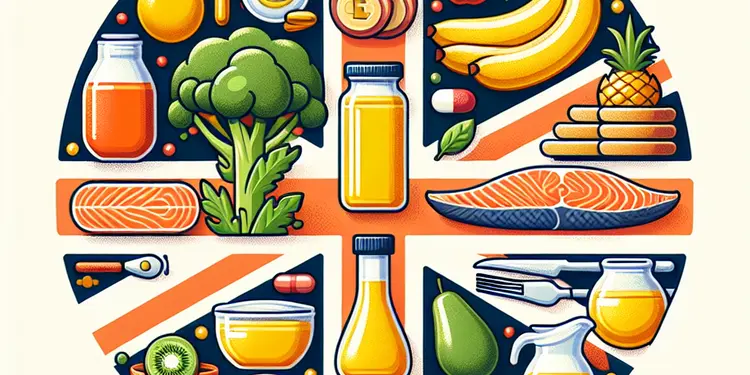
What is the omega-6 to omega-3 ratio in diets?
Relevance: 18%
-

Are phone calls from prison free?
Relevance: 18%
-

Why is fat important in my diet?
Relevance: 18%
-
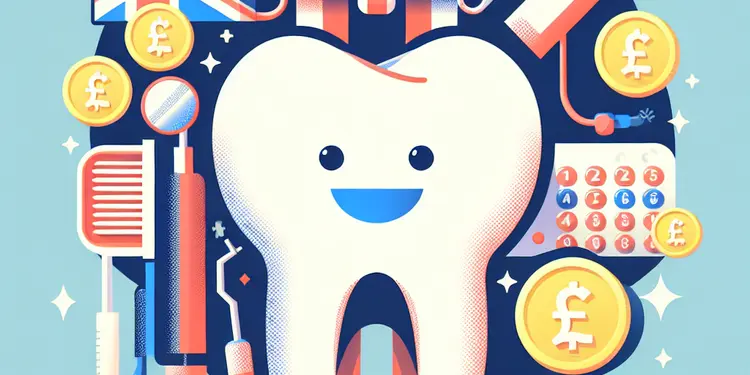
Can children get free NHS dental care?
Relevance: 17%
-

Is the HMRC Employer Bulletin free?
Relevance: 17%
-

How do I know if I'm eligible for free NHS dental care?
Relevance: 17%
-

Is Crohn's disease contagious?
Relevance: 17%
-
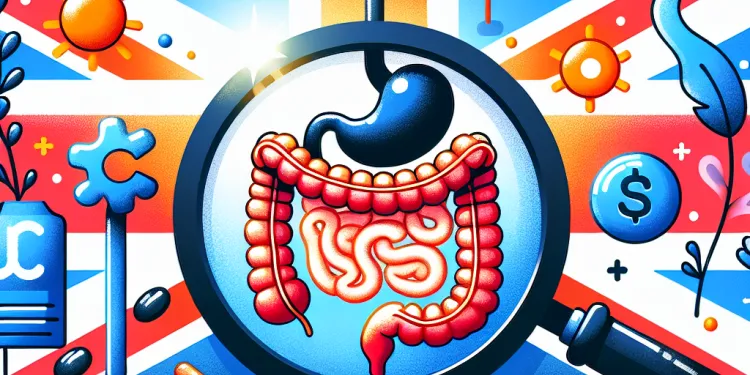
Is there a cure for Crohn's disease?
Relevance: 17%
Coeliac Disease: Session 4 - The Gluten Free Diet
Understanding the Gluten Free Diet
For those diagnosed with Coeliac Disease, adhering to a strict gluten-free diet is the only treatment to manage their condition. Gluten is a protein found in wheat, barley, and rye. Even small amounts of gluten can cause symptoms and intestinal damage to individuals with Coeliac Disease. In the UK, awareness and availability of gluten-free options have improved significantly, making it easier for individuals to maintain this diet.
Identifying Gluten-Free Foods
Many naturally gluten-free foods are suitable for those with Coeliac Disease, including fruits, vegetables, meat, fish, eggs, dairy, and most unprocessed foods. When shopping, look for the “Crossed Grain” symbol, which indicates the product is gluten-free. UK regulations require allergens, including gluten, to be highlighted on packaging, making it easier to identify safe products.
Dining Out and Social Situations
Dining out with Coeliac Disease in the UK is becoming increasingly manageable. Many restaurants offer gluten-free menus or can accommodate dietary needs upon request. However, it's crucial to communicate with staff about cross-contamination risks. When attending social events, consider bringing gluten-free dishes or snacks to ensure safe eating options are available.
Tips for Managing a Gluten-Free Lifestyle
Transitioning to a gluten-free diet involves lifestyle changes but can be made easier with planning and education. Learning to read labels, understanding cross-contamination, and finding trusted brands can help. The Coeliac UK charity offers extensive resources and support for individuals and families managing Coeliac Disease.
Conclusion
Living with Coeliac Disease in the UK requires vigilance in maintaining a gluten-free diet, but with growing awareness and support, it’s becoming more accessible to manage. By being proactive and informed, individuals can lead a healthy and fulfilling life while adhering to their dietary restrictions.
Coeliac Disease: Session 4 - The Gluten Free Diet
Understanding the Gluten Free Diet
If you have Coeliac Disease, you need to eat a gluten-free diet. This is the only way to feel better. Gluten is a part of certain foods, like wheat, barley, and rye. Even a small bit of gluten can make you sick. In the UK, more people know about gluten-free foods now. This makes it easier for you to eat gluten-free.
Identifying Gluten-Free Foods
There are many foods you can eat that don't have gluten. You can eat fruits, vegetables, meat, fish, eggs, and dairy. When you buy food, look for the “Crossed Grain” symbol. This means the food is safe for you because it is gluten-free. In the UK, food packages show if they have gluten, so it's easier to know what you can eat.
Dining Out and Social Situations
Eating out in the UK while having Coeliac Disease is getting easier. Many restaurants now have gluten-free menus. You should talk to the staff to make sure your food is safe. When you go to parties, you can bring gluten-free snacks. This way, you always have something safe to eat.
Tips for Managing a Gluten-Free Lifestyle
Changing to a gluten-free life means you have to learn new things. You should learn to read food labels and know about cross-contamination. Finding brands you trust can help. Coeliac UK is a charity that can help you and your family. They have lots of information and support.
Conclusion
Living with Coeliac Disease in the UK means you have to be careful with what you eat. But, more people understand now, and there is lots of help. You can live well and stay healthy by learning and staying informed.
Frequently Asked Questions
What is coeliac disease?
Coeliac disease is an autoimmune disorder where ingesting gluten leads to damage in the small intestine.
What foods should be avoided by someone with coeliac disease?
Foods containing wheat, barley, rye, and sometimes oats should be avoided as they contain gluten.
Are oats safe for people with coeliac disease?
Pure, uncontaminated oats are safe for most people with coeliac disease, but some may still react to them.
What are common symptoms of coeliac disease?
Common symptoms include diarrhea, bloating, gas, fatigue, anemia, and growth issues in children.
How is coeliac disease diagnosed?
It is diagnosed through blood tests and a biopsy of the small intestine.
Is there a cure for coeliac disease?
There is no cure, but it can be managed by adhering to a strict gluten-free diet.
Can coeliacs eat gluten-free labelled foods?
Yes, foods labelled 'gluten-free' contain less than 20 parts per million of gluten and are generally safe.
Do I need to avoid cross-contamination with gluten?
Yes, even small amounts of gluten from cross-contamination can cause a reaction.
Are there any gluten-free grains?
Yes, some gluten-free grains include rice, corn, quinoa, and buckwheat.
Can coeliacs drink alcohol?
Yes, but they should avoid beers, ales, and lagers unless they are gluten-free. Wine, cider, and spirits are usually gluten-free.
Is coeliac disease hereditary?
Yes, it often runs in families. First-degree relatives of someone with coeliac disease have a higher risk.
What are some hidden sources of gluten?
Hidden sources include sauces, gravies, processed meats, and even some medications and cosmetics.
Do I need to be careful when eating out?
Yes, always inform the restaurant about your condition and ensure your meal is prepared in a gluten-free environment.
How long does it take to feel better on a gluten-free diet?
Most people begin to feel better within a few weeks, but complete healing can take months to years.
Can coeliac disease lead to other health issues?
If untreated, it can lead to other health issues like osteoporosis, infertility, and increased risk of certain cancers.
What is coeliac disease?
Coeliac disease is a sickness from the tummy. People who have it get a sore tummy when they eat food like bread or pasta.
This is because their body doesn’t like a thing called gluten. Gluten is in foods like bread, pasta, cookies, and cakes.
If you think you might have coeliac disease, talk to a doctor. A doctor can help you feel better and tell you what foods to eat.
You can use picture books or special apps to learn more about coeliac disease.
Coeliac disease is a sickness. When people with this sickness eat gluten, it hurts their tummy.
What foods should people with coeliac disease stay away from?
If you have coeliac disease, you should not eat foods with gluten. Gluten is found in:
- Bread
- Pasta
- Cakes and cookies
- Cereals
These foods are often made from wheat, barley, and rye. Be sure to check food labels for ingredients.
You can use tools like a gluten-free food app or ask a dietitian for help.
Avoid eating foods that have wheat, barley, rye, and sometimes oats because they have gluten.
Can people with coeliac disease eat oats?
People with coeliac disease have to be careful with what they eat.
If you have coeliac disease, your body does not like gluten.
Gluten is in foods made from wheat, barley, and rye.
Some oats can have gluten in them because they mix with other grains.
You can look for special oats that say "gluten-free" on the label.
These oats are safe for people with coeliac disease.
Ask a doctor or dietitian if you are not sure what to eat.
Plain oats are safe for most people who have coeliac disease, but a few people might still have a reaction.
What are common signs of coeliac disease?
Coeliac disease is a problem with eating certain foods. Here are some signs to look out for:
- Tummy pain or feeling sick
- Diarrhoea (runny poo) or hard poo
- Feeling very tired a lot
- Not growing as expected
- Skin rash
If you think you have these signs, you can talk to a doctor. It can help to write down your signs. Keeping a food diary can also be helpful.
Some common signs are runny poop, tummy swelling, farting, feeling very tired, not enough red blood cells, and kids not growing well.
How do doctors find out if someone has coeliac disease?
Doctors use tests to find out if someone has coeliac disease. These tests are called blood tests. Blood tests help doctors see how your body is working.
If the blood test shows a problem, doctors might need to do another test. This test is called a biopsy. In a biopsy, doctors take a tiny piece from inside your tummy. They look at it to check if the tummy is healthy.
People with coeliac disease have to stop eating foods with gluten. Gluten is in foods like bread, pasta, and cakes. If doctors think you have coeliac disease, they will help you learn what foods are safe to eat.
Talking with a doctor is the best way to know for sure if someone has coeliac disease. Keeping a food diary can also help. This is where you write down what you eat and how you feel.
Doctors find out if you have it by doing blood tests and taking a tiny piece of the small intestine to look at under a microscope.
Can doctors make coeliac disease go away?
No, doctors cannot make coeliac disease go away. People with coeliac disease need to eat food without gluten to feel better.
If you have coeliac disease, here are some tools and tips to help:
- Read food labels to find out if they have gluten.
- Ask a grown-up or doctor for help picking the right foods.
- Use apps that can help you find gluten-free foods.
- Join groups for people with coeliac disease to get tips and support.
There is no cure, but you can feel better by eating foods without gluten. Always choose gluten-free food.
Can people with coeliac disease eat foods that say 'gluten-free'?
Yes, foods with a 'gluten-free' label have very little gluten. They have less than 20 tiny pieces of gluten per million pieces. These foods are usually safe to eat.
Should I be careful about gluten getting mixed into my food?
Yes, even a little bit of gluten can make you sick if it gets mixed in by accident.
Are there grains that do not have gluten?
Yes, some grains you can eat if you can't have gluten are rice, corn, quinoa, and buckwheat.
Can people with coeliac disease drink alcohol?
People with coeliac disease must be careful with alcohol. Here are some easy tips:
- Check Labels: Look for drinks labeled "gluten-free."
- Safe Choices: Wine, cider, and spirits like vodka and rum are usually safe.
- Avoid Beers: Most beers have gluten. Choose gluten-free beer instead.
If you have coeliac disease and are not sure about a drink, ask a doctor or dietitian.
Yes, but they should not drink beers, ales, and lagers unless they are gluten-free. Wine, cider, and spirits do not usually have gluten.
Can you get coeliac disease from your family?
Coeliac disease can run in families. This means if someone in your family has it, you might get it too.
If you think this might be you, ask a doctor for a test. They can help you learn more.
Using pictures or videos can also help you understand this better. You can ask someone to help you look for these tools online.
Yes, coeliac disease can run in families. If someone in your family has it, like your parents or siblings, you might have a higher chance of getting it too.
Where can gluten hide?
Gluten can be in foods you might not think of. Here are some places gluten might hide:
- Sauces and Dressings: Some sauces like soy sauce or salad dressings can have gluten.
- Processed Foods: Foods like soups, chips, or candies might have gluten.
- Meats: Even some meats, like sausages or deli meats, can have gluten.
If you need help, ask someone to read labels with you. You can also use apps to check food labels for gluten.
Some foods and things might have hidden stuff inside them. These can be sauces, gravies, meats that are made in factories, and even some medicines and makeup.
Should I be careful when I eat at a restaurant?
Yes, always tell the restaurant about your condition. Make sure they make your food in a place that is free from gluten.
How soon will I feel better on a gluten-free diet?
When you stop eating foods with gluten, you might start to feel better in a few days. Some people take longer, maybe a few weeks. Everyone is different.
If you have questions or need help, talking to a doctor or a nutritionist can be good.
Most people start feeling better in a few weeks. But it can take many months or even years to get all better.
Can coeliac disease cause other health problems?
People with coeliac disease must not eat gluten. Gluten is in foods like bread and pasta. If they eat gluten, it can make them feel sick. Over time, eating gluten can harm their bodies.
If they keep eating gluten, it might cause other health problems too. These can include things like weak bones or feeling very tired.
To stay healthy, people with coeliac disease should talk to their doctor. The doctor can help them make a plan.
Using tools like picture charts or reminders can help them remember what foods are safe to eat.
If you don't get treatment, it can cause more health problems. You might get weak bones, have trouble having babies, or have a higher chance of getting some types of cancer.
Useful Links
This website offers general information and is not a substitute for professional advice.
Always seek guidance from qualified professionals.
If you have any medical concerns or need urgent help, contact a healthcare professional or emergency services immediately.
Some of this content was generated with AI assistance. We’ve done our best to keep it accurate, helpful, and human-friendly.
- Ergsy carfully checks the information in the videos we provide here.
- Videos shown by Youtube after a video has completed, have NOT been reviewed by ERGSY.
- To view, click the arrow in centre of video.
- Most of the videos you find here will have subtitles and/or closed captions available.
- You may need to turn these on, and choose your preferred language.
- Go to the video you'd like to watch.
- If closed captions (CC) are available, settings will be visible on the bottom right of the video player.
- To turn on Captions, click settings .
- To turn off Captions, click settings again.
More Items From Ergsy search
-

Coeliac Disease: The gluten free diet
Relevance: 100%
-

Coeliac Disease Explained - Gluten Sensitivity - A to Z of the NHS - Dr Gill
Relevance: 73%
-

Coeliac disease
Relevance: 68%
-

Coeliac Disease: Session 1: What is Coeliac Disease?
Relevance: 63%
-

NHSGGC - What is Coeliac Disease?
Relevance: 62%
-

Causes of coeliac disease
Relevance: 62%
-

Diagnosing Coeliac Disease Updated 2021
Relevance: 59%
-

Living Well with Coeliac Disease
Relevance: 58%
-

Symptoms of coeliac disease
Relevance: 58%
-

What is the best diet for Crohn’s disease?
Relevance: 32%
-

What are 'free sugars' and why should they be limited?
Relevance: 26%
-

NHSGGC - Diet and Chronic Kidney Disease (CKD)
Relevance: 25%
-

Can diet affect eczema?
Relevance: 24%
-

New Study Links Diet Soda to Increased Risk of Heart Disease
Relevance: 24%
-

Can diet affect tinnitus?
Relevance: 23%
-

Can diet affect ADHD symptoms?
Relevance: 22%
-

What dietary changes can help manage Crohn's disease?
Relevance: 21%
-

Can diet affect asthma?
Relevance: 20%
-

Are mammograms free on the NHS?
Relevance: 20%
-

Is the flu vaccine free for everyone in the UK?
Relevance: 20%
-

Do pensioners get a free TV license?
Relevance: 20%
-

What is the DASH diet?
Relevance: 19%
-

What is the role of sugar in a balanced diet?
Relevance: 19%
-

Understanding the Benefits of the Mediterranean Diet
Relevance: 19%
-

Are there free options for filing taxes online?
Relevance: 19%
-

Can diet affect psoriasis?
Relevance: 19%
-

Are school meals free for all students in the UK?
Relevance: 19%
-

Are there free resources for learning first aid?
Relevance: 19%
-

Are there free online resources for pension advice?
Relevance: 19%
-

Three Debt Free Methods in 2023 | Free Debt Calculator Tracker
Relevance: 19%
-

Are all dental appointments free on the NHS?
Relevance: 18%
-

Who provides the funding for free school meals in the UK?
Relevance: 18%
-

What is the omega-6 to omega-3 ratio in diets?
Relevance: 18%
-

Are phone calls from prison free?
Relevance: 18%
-

Why is fat important in my diet?
Relevance: 18%
-

Can children get free NHS dental care?
Relevance: 17%
-

Is the HMRC Employer Bulletin free?
Relevance: 17%
-

How do I know if I'm eligible for free NHS dental care?
Relevance: 17%
-

Is Crohn's disease contagious?
Relevance: 17%
-

Is there a cure for Crohn's disease?
Relevance: 17%


